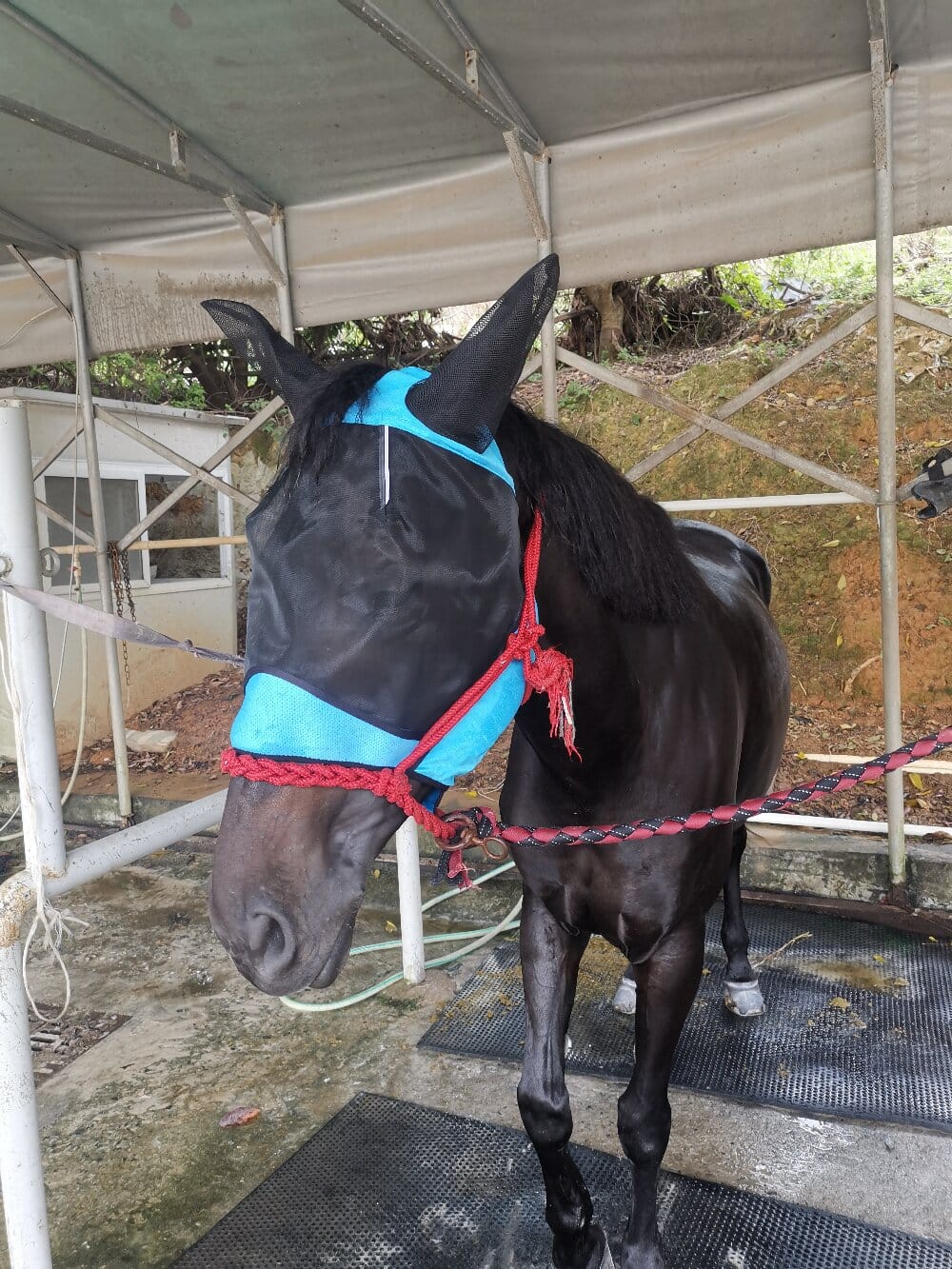A horse fly mask is an essential piece of protective gear designed to shield horses from irritating and potentially harmful insects. Flies, mosquitoes, and other pests can cause discomfort, stress, and even health issues for horses, making fly masks a practical solution for owners. These masks are typically made from lightweight, breathable materials and often feature mesh screens to protect the eyes while allowing clear vision. Whether used during turnout, training, or competitions, a well-fitted fly mask can significantly improve a horse’s quality of life.
Common Problems Addressed by Fly Masks
Horses face several challenges when exposed to flying insects, which a fly mask helps mitigate. Below are some of the most common issues:
- Eye Irritation: Flies can cause conjunctivitis or corneal damage by repeatedly landing on a horse’s eyes.
- Skin Allergies: Insect bites may trigger allergic reactions, leading to itching, swelling, or infections.
- Stress and Agitation: Constant buzzing and biting can make horses anxious, affecting their behavior and performance.
- Disease Transmission: Certain flies carry pathogens that can cause illnesses like equine infectious anemia.
Choosing the Right Horse Fly Mask
Selecting an appropriate fly mask depends on several factors, including the horse’s environment, activity level, and specific needs. Here are key considerations:
- Material: Opt for durable, UV-resistant fabrics that provide breathability and comfort.
- Fit: A snug but not tight fit ensures protection without restricting movement or causing rubs.
- Coverage: Some masks protect only the eyes, while others extend to the ears and muzzle for full-face protection.
- Visibility: Fine mesh should allow unobstructed vision while keeping insects out.
How to Properly Use and Maintain a Fly Mask
To maximize the benefits of a horse fly mask, proper usage and maintenance are crucial. Follow these best practices:
- Inspect the mask daily for signs of wear, such as frayed edges or loose straps.
- Clean the mask regularly with mild soap and water to remove dirt and sweat buildup.
- Ensure the mask is completely dry before reapplying to prevent skin irritation.
- Rotate between multiple masks if the horse wears one continuously to extend its lifespan.
Additional Benefits of Using a Fly Mask
Beyond insect protection, fly masks offer other advantages that contribute to a horse’s well-being:
- UV Protection: Many masks provide shade and block harmful ultraviolet rays, reducing the risk of sunburn.
- Dust and Debris Shield: They help keep dust, pollen, and small particles away from sensitive eyes.
- Improved Focus: By minimizing distractions from pests, horses can concentrate better during training or events.
Conclusion
A horse fly mask is a simple yet effective tool for safeguarding horses from the nuisances and dangers posed by flying insects. By addressing common problems like eye irritation, allergies, and stress, these masks enhance comfort and health. Choosing the right design, ensuring proper fit, and maintaining the mask correctly are key to its effectiveness. Whether for daily turnout or competitive use, investing in a quality fly mask is a proactive step toward better equine care.

